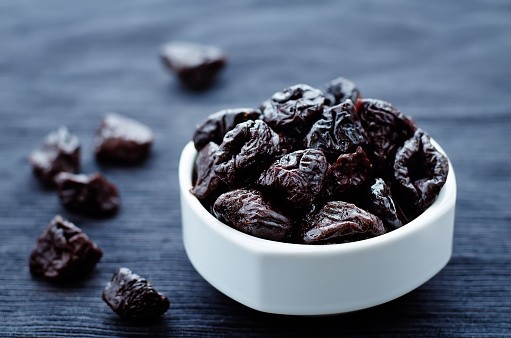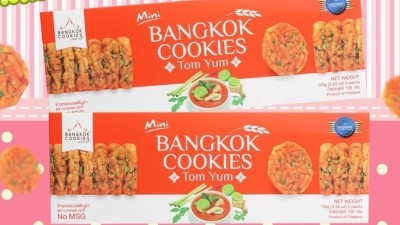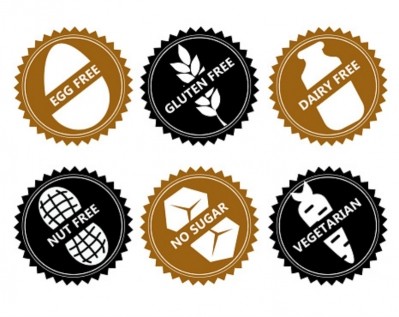Sweet stability: Sunsweet sees stable recovery for prune products in Thailand after pandemic woes

Although Sunsweet is most well-known for its pre-packaged prunes and bottled prune juices, the firm also runs Sunsweet Ingredients as a major arm of its business in Asia, with presence in markets such as Thailand, South Korea and Japan.
According to the Sunsweet Ingredients’ local Thailand partner Chaipattana, prunes and prune-derived products hit a major hurdle due to premium pricing during the COVID-19 pandemic, but is well on its way to recovery today.
“The prune market and market demand is quite stable now, with a lot of improvement compared to last year,” Chaipattana Managing Director Orawee Lomsangprow told FoodNavigator-Asia at the recent Fi Asia 2023 show in Bangkok, Thailand.
“Prunes are generally quite expensive due to these being imported and of a high quality, so during the pandemic sales dropped by quite a bit – but now, we are seeing this going up again very stably as demand is returning strongly.
“Major prune products that are seeing increasing popularity include prune juice [in different] concentrates and textures, fruit preparations to be used in dairy products, and dried prunes or concentrates to be used in bakery products.”
She added that the natural strong sweetness of prunes means that these are also often used in products that want to reduce sugar content, and that the local demand for alternative sweeteners to replace sugar is rising in the local food and beverage space as well.
“Sweeteners are what I would consider a major trend, and people are looking for more options in this area,” she said.
“This can be from either a taste, formulation, health or regulatory perspective where some sweeteners may not yet be allowed by all food authorities which could affect exports.”
Despite the lifting of border restrictions boding well for the prunes business, it has also led to the introduction of increased competition in the Thai market, especially when it comes to the food and beverage space.
“There are many ingredient suppliers from China that are entering the Thailand food and beverage market after the borders opened up, and this has led to a huge rise in competition in many areas within the industry,” Lomsangprow added.
“The only way forward to compete efficiently is to increase the functionality of the products and solutions that are offered in order to address more consumer needs and raise the value of these, which we are looking to do with our prune and sweetener products.”
Tantalising Thailand
The combination of supportive government policies, growing population and rising middle class has propelled Thailand’s emergence as an increasingly attractive market for food and beverage firms to establish themselves, a situation that Lomsangprow is confident will only continue to grow.
“This is especially so in the eyes of many food manufacturers from China, as we are seeing increasing interest from them in terms of making investments here,” she said.
“There is of course the added advantage of proximity to China, but more importantly we have a relatively stable political situation which is beneficial to economic growth – and already this can clearly be seen by the number of Chinese companies that have established factories or offices here locally.”
Some prominent examples of this include Yili which bought over local Thai ice cream firm Chomthana in 2018 to establish a strong foothold in the local market; as well as state-owned China National Cereals, Oils and Foodstuffs Import and Export Corporation (COFCO) which has a registered subsidiary firm and full-scale factory in Thailand as well.






















